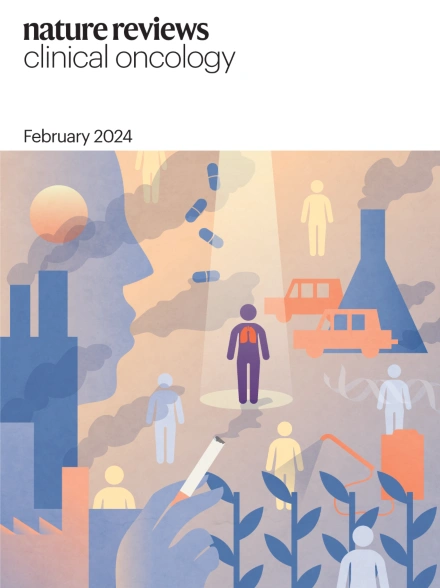Reply to ‘Surrogate end points in oncology: aligning drug development incentives and patient needs’
IF 82.2
1区 医学
Q1 ONCOLOGY
引用次数: 0
回复“肿瘤替代终点:调整药物开发激励和患者需求”
在最近的一则新闻中。观点(Prasad, V.)肿瘤学替代终点:从患者的角度看速度与不确定性的权衡。奈特,克林牧师。1、我讨论了两项研究,它们通过调查表明,癌症患者渴望了解他们能活多久、活得多好。也就是说,患者更愿意等待总生存期(OS)的结果,而不是接受无进展生存期(PFS)的改善。在他们的通信中,Matthew Vogel和合作者为替代终点的广泛使用进行了辩护(Vogel, M. et al。肿瘤替代终点:调整药物开发激励和患者需求。奈特,克林牧师。肿瘤防治杂志。https://doi.org/10.1038/s41571 - 025 - 01031 - z(2025)) 2。我很感激他们对我的文章感兴趣,尽管我发现他们提出的观点有五个问题。首先,Vogel等人认为患者“应该有选择的自由”,不应该让政策制定者限制他们的选择。这不是一个使用PFS而不是OS的逻辑论据,而是一个反对试验的论据。那么,政策制定者为什么要将选择限制在具有已证实的PFS益处的药物上呢?为什么不允许那些在客观反应率上有所改善的项目呢?为什么患者不能接受达拉单抗加硼替佐米、来那度胺和地塞米松(在PERSEUS试验中测试的方案),如果他们想添加特司他单抗或塔克他单抗?我们知道这些特工很活跃。事实是,我们进行临床试验是因为我们需要知道哪些方案可以改善临床结果,以及它们是否值得付出代价和毒性。考虑到社会通过医疗保健系统经常为这些药物买单,知道这笔钱花得值是非常必要的。此外,病人想知道他们是否会更好地使用这些新的方案。
本文章由计算机程序翻译,如有差异,请以英文原文为准。
求助全文
约1分钟内获得全文
求助全文
来源期刊
CiteScore
99.40
自引率
0.40%
发文量
114
审稿时长
6-12 weeks
期刊介绍:
Nature Reviews publishes clinical content authored by internationally renowned clinical academics and researchers, catering to readers in the medical sciences at postgraduate levels and beyond. Although targeted at practicing doctors, researchers, and academics within specific specialties, the aim is to ensure accessibility for readers across various medical disciplines. The journal features in-depth Reviews offering authoritative and current information, contextualizing topics within the history and development of a field. Perspectives, News & Views articles, and the Research Highlights section provide topical discussions, opinions, and filtered primary research from diverse medical journals.

 求助内容:
求助内容: 应助结果提醒方式:
应助结果提醒方式:


